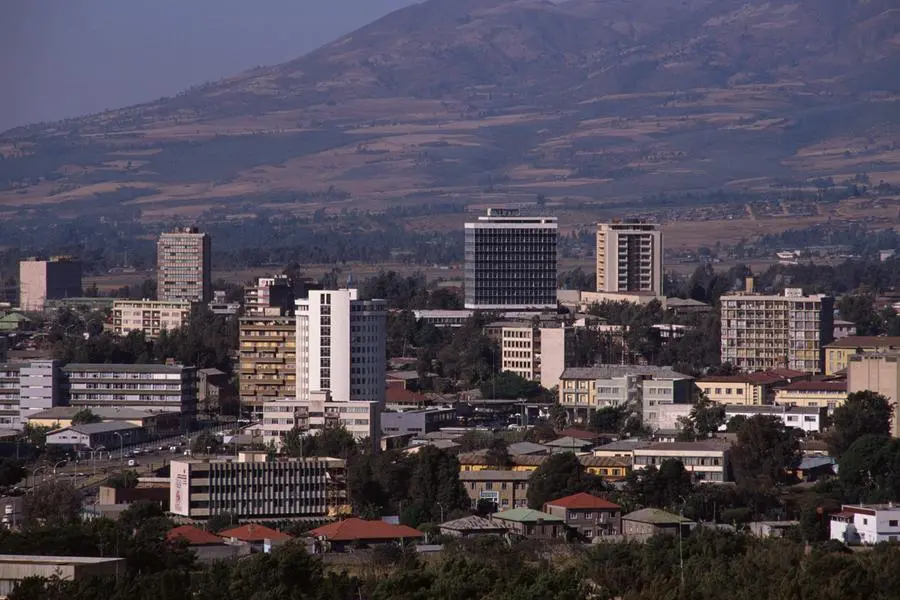PHOTO
As bourses across the East Africa continue to suffer low domestic participation and foreign outflows, property brokers have thrived, buoyed by a preference for land and housing over investing in the capital markets.
Across the region, market capitalisation is at an average of 20.87 percent of the gross domestic product (GDP), against a global average of 133.8 percent in 2020, according to the World Bank. This means that almost 80 percent of the income earned in the countries goes to sectors such as real estate, which, according to economists, look attractive but non-productive in the long-term.“People want land. It is considered the ultimate form of wealth, and from a young age, they are brought up to know success means owning land,” said Rufas Kamau, a market and research analyst at Scope Markets — a Nairobi-based foreign exchange trading company.
As a result, stockmarkets in East Africa are dominated by foreigners, who flee the markets at the slightest shocks.
The Nairobi Securities Exchange, which has always had between 60 and 70 percent foreign investors, has in the past two quarters suffered severe foreign outflow, bringing down total market capitalisation by over $2.5 billion, Kenya’s Capital Markets Authority said.
Yet, compared with some higher-income countries like Germany and Switzerland, Kenya ranks higher in home ownership rate, at 61 percent, going by the 2019 Census.
In an earlier interview with The EastAfrican, CMA termed culture the greatest challenge to wealth accumulation through the capital markets.“Most potential investors are keener on tangible assets that they can touch and feel, such as real estate, while capital markets may be perceived as complex,” CMA said.
According to Eric Musau, head of research at Standard Investment Bank in Nairobi, property is actually a resilient asset, especially during periods of inflation, but since people are under pressure to buy, they don’t invest thoughtfully. “The problem is that most purchases may not have been well thought out, as an investment, considering other aspects including liquidity, diversification and age of the investor,” he told The EastAfrican.“Purchase of property also requires a high upfront cost, which could lead an investor into debt distress if not well thought out.”In Uganda, most people view the capital markets as alternative investments, and direct their income to land and property, according to Calvin Bateme, research analyst at Crested Capital, a Kampala-based stockbroking company.“It is because most people are not aware of the capital markets and others consider it to be too complex,” Mr Bateme told The EastAfrican.
According to analysts, the information gap is not the only reason why East Africans prefer traditional investments like land and real estate to stocks and securities.“There is a generally low tax regime on holding land even in areas with well-developed infrastructure. This made rent-seeking on land viable and may have been at the expense of economic activity, contributing to making Kenya an expensive location to do business,” said Mr Musau.
Regulations, which include ability to advertise and the nature of advertisements, also incentivise property at the expense of stock markets.“Because the capital markets are volatile in nature, advertisements can only be informative and not persuasive, but property sellers can freely advertise and convince prospective buyers, and that’s a regulation that cuts across the region,” Mr Bateme told The EastAfrican.“You can invest any amount in the stock market, but for property, you will need to take a loan or save for quite a long time,” said Mr Bateme.“Diversification is critical so that one does not tie all their assets in one asset class, which has been a common sighting for property investments,” he said.
© Copyright 2022 Nation Media Group. All Rights Reserved. Provided by SyndiGate Media Inc. (Syndigate.info).




















